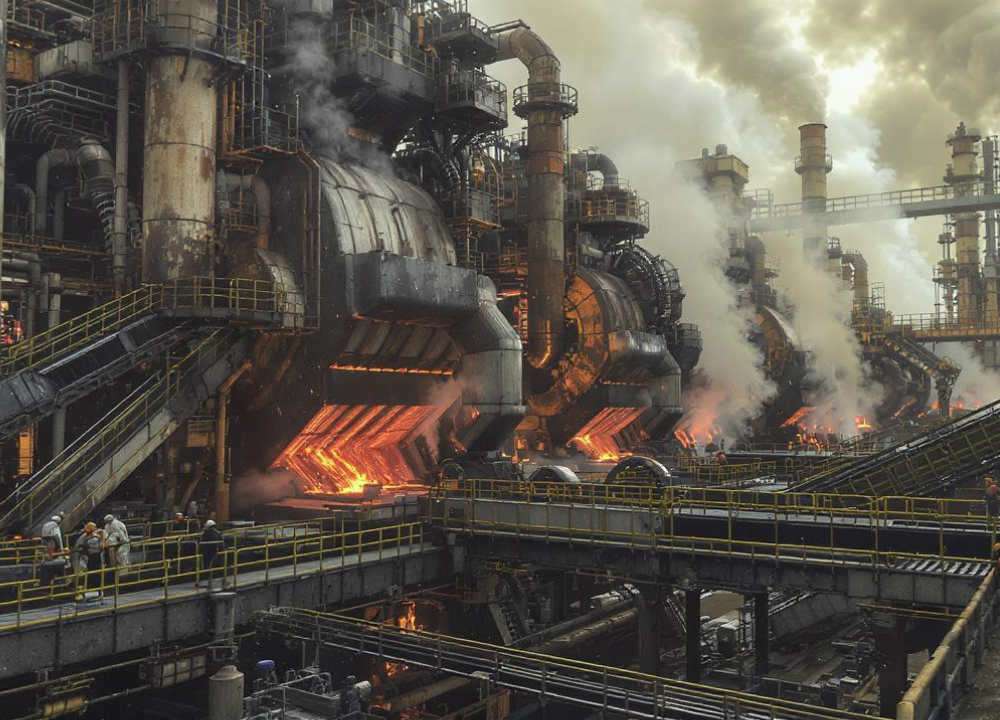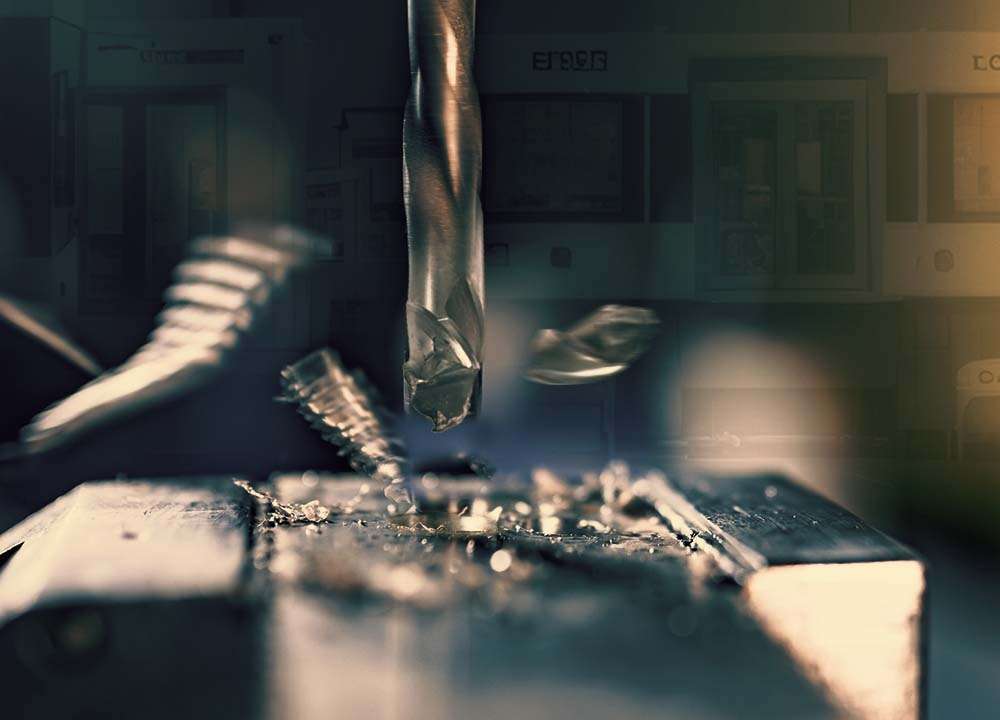The government is poised to invite bids for 10 gigawatts of battery energy storage projects, as announced by an official on Friday. This initiative aims to bolster India’s emerging position in the rapidly evolving energy storage sector.
Vijay Mittal, Joint Secretary at the Ministry of Heavy Industries, stated that the ministry is preparing to release a Request for Proposal (RFP) for 10 gigawatts, targeting companies engaged in developing energy storage solutions specifically for grid-scale applications.
He emphasized the importance of fostering indigenous manufacturing capabilities for battery energy storage systems that are compatible with advanced chemistry cells. Mittal made these remarks during the virtual ‘Summit on Lithium-Ion Batteries,’ organized by the India Energy Storage Alliance (IESA).
He highlighted the ministry’s commitment to promoting local manufacturing of chemistry cells as part of the broader initiative to advance electric vehicles (EVs) in the country. This effort aligns with India’s ambitious goal to achieve net-zero emissions by 2070 while simultaneously reducing reliance on imports of internal combustion engine (ICE) vehicles, addressing pressing environmental issues.
In his address, Mittal noted that the government has allocated more than 40 gigawatt-hours of the total 50 gigawatts to various original equipment manufacturers (OEMs) under the Advanced Chemistry Cell Production-Linked Incentive (ACC-PLI) scheme to enhance local production of advanced chemistry cells.
Rahul Walwalker, Chairman of IESA, pointed out that numerous countries are actively seeking alternatives to reduce their dependence on China, presenting India with a significant market opportunity that could reach up to 2,500 gigawatt-hours within the supply chain.
The immediate target is to ramp up manufacturing capabilities in India, with the ACC-PLI scheme initially aiming for the establishment of 50 gigawatt-hours of production. Additionally, IESA has a more ambitious vision for India, aspiring to achieve a minimum of 550 gigawatt-hours of cell manufacturing capacity by the year 2035.
The summit attracted over 300 leaders from various industries who convened to discuss critical topics such as research and development (R&D), innovation, manufacturing processes, supply chain management, raw material procurement, stationary energy storage solutions, electric mobility advancements, and recycling methods, among other pertinent subjects.
The India Energy Storage Alliance (IESA) serves as a prominent industry alliance dedicated to advancing the development of cutting-edge energy storage technologies, e-mobility solutions, green hydrogen initiatives, and other emerging technologies within India.








